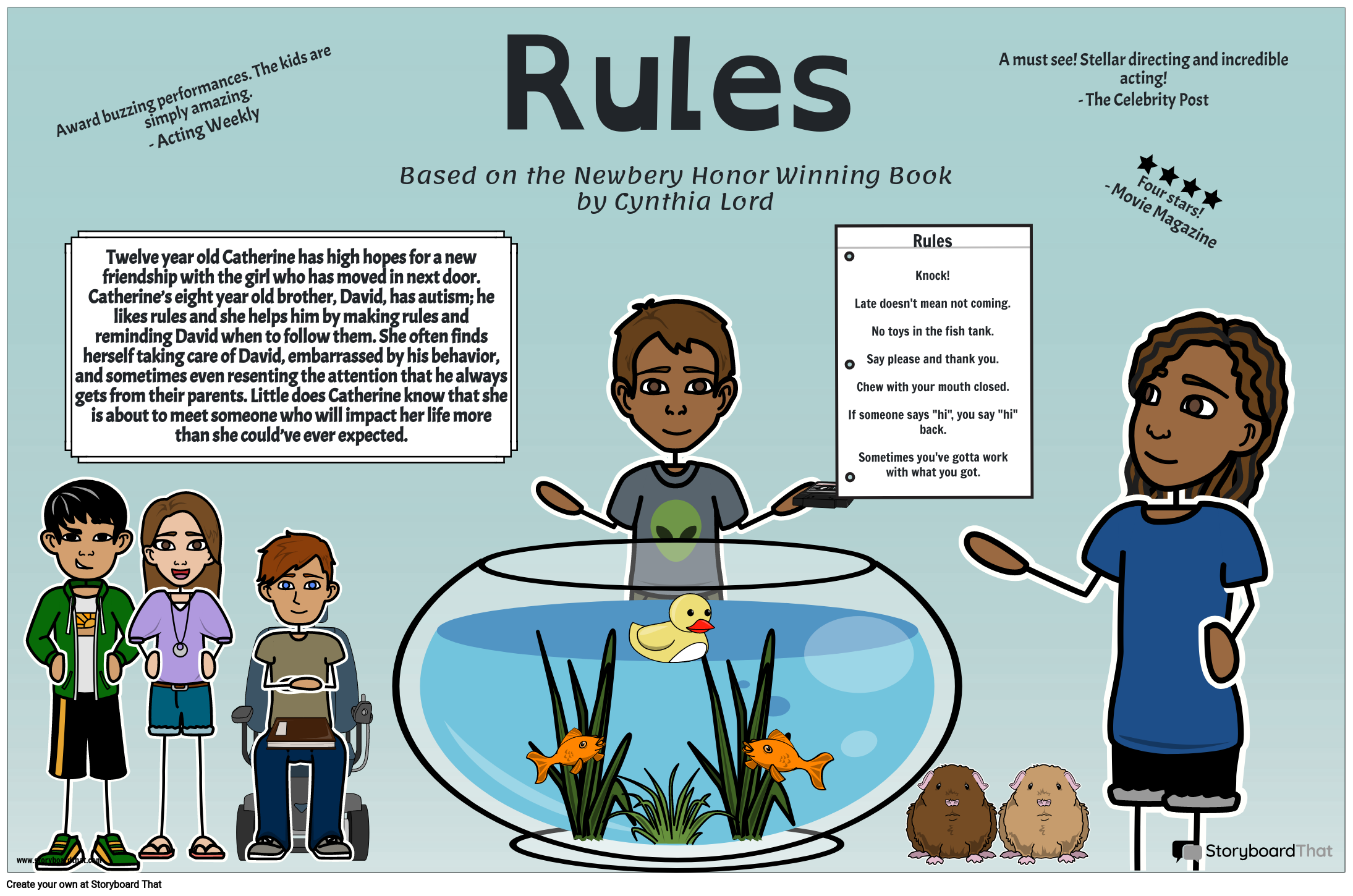Have you ever wondered what makes a movie truly unforgettable? It’s not just about the storyline or the actors—it’s about understanding the art of filmmaking. If you’re diving into the world of cinema, mastering these 7 movie rules will set you apart from the rest. From scriptwriting to post-production, these principles are your golden ticket to creating films that captivate audiences worldwide.
Let’s face it, making movies is no walk in the park. It’s a complex process that involves a lot of moving parts. But don’t worry, we’ve got your back. In this article, we’ll break down the essential rules every filmmaker needs to know to craft movies that leave a lasting impression. So grab your notebook, because this is going to be a game-changer.
Whether you’re a beginner or a seasoned pro, these 7 movie rules will help you refine your craft and take your filmmaking skills to the next level. Trust us, by the end of this article, you’ll be ready to hit the ground running. Let’s dive in!
- Baylen Dupree Net Worth 2025 The Untold Story Of Success And Wealth
- Terry Oquinn 2024 The Journey Of A Legendary Actor Continues
Table of Contents
- Rule 1: Know Your Audience
- Rule 2: Tell a Compelling Story
- Rule 3: Focus on Character Development
- Rule 4: Master the Art of Visual Storytelling
- Rule 5: Pay Attention to Sound Design
- Rule 6: Keep It Real with Authentic Dialogue
- Rule 7: Edit Like a Pro
- Why These Movie Rules Matter
- Breaking the Rules: When It Works
- Final Thoughts: Your Turn to Shine
Rule 1: Know Your Audience
Alright, let’s kick things off with one of the most crucial movie rules—knowing your audience. This might sound simple, but it’s often overlooked by filmmakers. Understanding who will watch your movie is key to creating content that resonates. Are you targeting young adults, families, or maybe horror enthusiasts? Each group has different expectations and preferences.
For instance, if you’re making a romantic comedy, you’ll want to focus on light-hearted humor and relatable relationships. On the other hand, if you’re working on a psychological thriller, the suspense and tension need to be top-notch. It’s all about tailoring your movie to fit the tastes of your intended audience.
Why Audience Matters
Think about it like this—if you’re cooking dinner for a group of friends, you’d consider their dietary preferences, right? The same logic applies here. By knowing your audience, you can create a movie that speaks directly to them. And let’s be honest, when people feel seen and understood, they’re more likely to love your work.
- Is Rapper Special Ed Ethnicity A Hot Topic Lets Dive In
- Clinton Richard Dawkins The Intellectual Giant Of Evolutionary Biology
Rule 2: Tell a Compelling Story
Now, let’s talk about storytelling. A movie without a good story is like a burger without a patty—it’s just not gonna cut it. Your story is the backbone of your film, so make sure it’s strong and engaging. Whether it’s a heartwarming tale or an action-packed adventure, your story needs to captivate from the very first scene.
Here’s a pro tip—use the three-act structure. Act one sets the stage, act two builds tension and conflict, and act three delivers the resolution. This tried-and-true formula works wonders for keeping viewers hooked. Plus, it gives you a solid framework to build your narrative around.
Elements of a Great Story
- Strong characters with clear motivations
- A well-defined conflict
- An emotional arc that resonates with the audience
- A satisfying conclusion that ties everything together
Remember, a great story is one that stays with the audience long after the credits roll. So take your time crafting it, because it’s worth every second.
Rule 3: Focus on Character Development
Characters are the heart and soul of any movie. Without well-developed characters, even the best story can fall flat. Think about some of your favorite films—chances are, you remember them because of the characters. Whether it’s a heroic protagonist or a cunning villain, each character should have depth and complexity.
One way to achieve this is by giving your characters clear goals and obstacles. What do they want, and what’s stopping them from getting it? This creates conflict, which is the lifeblood of any great movie. Plus, when audiences see characters struggling and growing, they can’t help but root for them.
Character Archetypes
There are several character archetypes that can help guide your development process. Some common ones include:
- The Hero
- The Mentor
- The Sidekick
- The Villain
- The Love Interest
Of course, feel free to mix and match these archetypes to create unique characters that stand out. The possibilities are endless!
Rule 4: Master the Art of Visual Storytelling
Let’s not forget that movies are a visual medium. While dialogue and plot are important, visuals can often convey emotions and ideas more powerfully than words ever could. This is where visual storytelling comes into play. By using camera angles, lighting, and color grading, you can enhance the emotional impact of your scenes.
For example, a low-angle shot can make a character appear more powerful, while a high-angle shot can make them seem vulnerable. Similarly, warm lighting can create a cozy atmosphere, while cool tones can evoke a sense of tension. These subtle techniques can transform a good movie into a great one.
Tips for Effective Visual Storytelling
- Experiment with different camera angles and movements
- Pay attention to composition and framing
- Use color theory to enhance mood and emotion
- Don’t over-rely on dialogue—let the visuals speak for themselves
Visual storytelling is an art form in itself, so take the time to learn and practice. Your audience will thank you for it.
Rule 5: Pay Attention to Sound Design
Sound design is often one of the most overlooked aspects of filmmaking, but it’s crucial for creating an immersive experience. From background music to sound effects, every audio element contributes to the overall atmosphere of your movie. Think about how a suspenseful score can make a scene more intense, or how ambient sounds can transport viewers to another world.
One thing to keep in mind is that silence can be just as powerful as noise. Sometimes, the absence of sound can create a moment of tension or reflection that words or visuals can’t achieve. So don’t be afraid to embrace the quiet when it serves your story.
Key Elements of Sound Design
- Background music to enhance mood
- Sound effects to add realism
- Dialogue clarity for better understanding
- Use of silence for dramatic effect
Sound design might not be as visible as visual elements, but it’s just as important. Invest in quality audio, and your movie will thank you for it.
Rule 6: Keep It Real with Authentic Dialogue
Dialogue is another essential component of any movie. But here’s the thing—it needs to feel authentic. Nothing ruins immersion faster than forced or unnatural conversations. To avoid this, try to write dialogue that sounds like real people talking. Pay attention to how people speak in everyday life—pauses, interruptions, and slang all play a role in making dialogue feel genuine.
Another tip is to let your characters’ personalities shine through their words. A witty character might use clever wordplay, while a shy character might speak in short, hesitant sentences. This adds layers to your characters and makes them more relatable.
Common Dialogue Mistakes
- Over-explaining everything—let the audience figure some things out
- Using overly formal language when it’s not necessary
- Forgetting to give each character a unique voice
Authentic dialogue can elevate your movie from good to great, so don’t skimp on this crucial element.
Rule 7: Edit Like a Pro
Editing is where the magic happens. It’s the final step in bringing your movie to life, and it can make or break the entire project. A good editor knows how to pace a scene, cut unnecessary footage, and create seamless transitions. But more importantly, they understand how to enhance the emotional impact of each moment.
Here’s a little secret—editing isn’t just about cutting scenes. It’s also about storytelling. Every decision you make in the editing room should serve the narrative. Whether it’s choosing the right shot or adding a sound effect, every detail matters.
Editing Tips for Beginners
- Use pacing to build tension and release
- Experiment with different transitions to find what works best
- Don’t be afraid to cut scenes that don’t add value
- Pay attention to continuity to maintain coherence
Editing might seem daunting at first, but with practice, you’ll become a pro in no time. And trust us, your movie will thank you for it.
Why These Movie Rules Matter
So why bother with all these rules in the first place? The truth is, filmmaking is both an art and a science. While creativity is important, there are certain principles that can help guide your process and ensure success. These 7 movie rules provide a solid foundation for creating films that resonate with audiences and stand the test of time.
By following these guidelines, you’ll be able to craft movies that not only entertain but also inspire and challenge viewers. And let’s be honest, isn’t that what filmmaking is all about?
Breaking the Rules: When It Works
Now, before we wrap things up, let’s talk about breaking the rules. Sometimes, the best movies are the ones that defy conventions and take risks. But here’s the catch—it only works if you know what you’re doing. Understanding the rules is the first step to breaking them effectively.
Think about some of the most iconic films in history. Many of them pushed boundaries and challenged the status quo. But they did so with purpose and intention. So if you’re feeling adventurous, go for it. Just make sure you’ve got a solid understanding of the fundamentals first.
Final Thoughts: Your Turn to Shine
There you have it—7 movie rules every filmmaker should know. From knowing your audience to editing like a pro, these principles will help you create movies that captivate and inspire. Remember, filmmaking is a journey, and every project is an opportunity to learn and grow.
So what are you waiting for? Grab your camera, gather your crew, and start creating. The world is waiting to see what you’ve got. And hey, don’t forget to share your masterpiece with us—we’d love to see it!
In the end, it’s all about passion and perseverance. Keep pushing forward, and who knows? Your next movie might just be the next big thing. Now go out there and make it happen!
- Ann Davis Actress The Legendary Career Of A Hollywood Icon
- Unveiling The Net Worth Of Trisha Yearwood A Journey Through Music Love And Success


